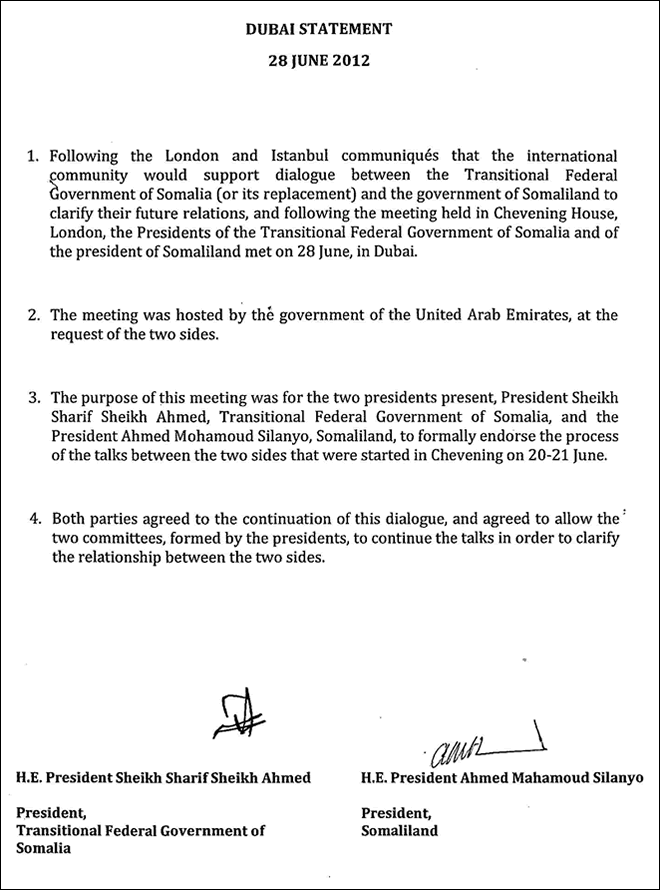Fortunately, the nutritional situation in Somalia has improved since the crisis
peaked last July. However, despite all the efforts of the humanitarian
community, many people are still facing considerable difficulties.
The ICRC supports 27 therapeutic feeding centres and 12 mobile clinics run by the Somali Red Crescent Society in the south-central part of the country, where 210,000 severely and moderately malnourished children and over 33,000 lactating mothers have been treated since January 2011.
Although in recent months new admissions at the feeding centres have been lower than at the onset of the crisis, the high number of relapses (cured patients who return to the centres) shows that the situation remains critical. This is especially worrying in the southern parts of the country, where poor security conditions have resulted in scaled-back treatment and in reduced access to clinics.
On the other hand, we benefit from very strong community support. Local communities don't hesitate to help us deliver urgently needed aid.
The fact that the situation in Somalia is constantly changing makes planning difficult, but we manage by designing flexibility into our activities so that they can be readily adapted.
Source: Reuters AlertNet
The ICRC supports 27 therapeutic feeding centres and 12 mobile clinics run by the Somali Red Crescent Society in the south-central part of the country, where 210,000 severely and moderately malnourished children and over 33,000 lactating mothers have been treated since January 2011.
Although in recent months new admissions at the feeding centres have been lower than at the onset of the crisis, the high number of relapses (cured patients who return to the centres) shows that the situation remains critical. This is especially worrying in the southern parts of the country, where poor security conditions have resulted in scaled-back treatment and in reduced access to clinics.
What is the ICRC doing to help needy people in Somalia?
The neediest people are those affected by the ongoing conflict or by natural disasters - mainly displaced people, farmers, livestock herders and members of marginalized communities. The ICRC helps them in a variety of different ways, each of which is designed to address specific needs. In acute crises we provide relief while preparing at the same time to help people restore their livelihoods, which we do by distributing tools and seed, upgrading farm infrastructure and taking various micro-economic initiatives.What challenges do you face in seeking to bring people aid?
The biggest challenge is access. It has been very difficult to reach some areas where there are people who need our assistance, not only because of the security situation but also because of the logistics involved. The heavy rains in Mudug and Galgadud, for example, made it extremely difficult for trucks to use certain roads that are in very bad condition. That kind of problem often delays our work.On the other hand, we benefit from very strong community support. Local communities don't hesitate to help us deliver urgently needed aid.
The fact that the situation in Somalia is constantly changing makes planning difficult, but we manage by designing flexibility into our activities so that they can be readily adapted.
What are the prospects for the coming months?
The combination of conflict, prolonged adverse climatic conditions and non-existent basic services has resulted in crop production levels that are far lower than the country's potential. Because of the conflict and lack of access to the main markets, the value of what little the farmers can produce will remain deflated. Although rainfall in northern and central Somalia was average to above-average, the gu rainy season from March to June seems to have failed in most southern areas - the hub of food production in Somalia. Unfortunately then, food insecurity in these conflict- and drought-affected areas is likely to remain at crisis level.Are you likely to face other challenges?
The ongoing fighting has resulted in blocked roads between rural food production areas and major markets, an increase in the number of displaced people, and farmers abandoning their lands. It has also restricted the movement of livestock herders, depriving them of access to pasture for their animals. These developments have reduced the ability of all these people people, already hard put upon, to cope. That's the ICRC's main concern for the coming weeks and months.Source: Reuters AlertNet




